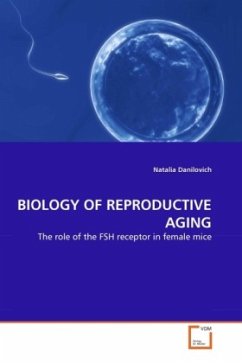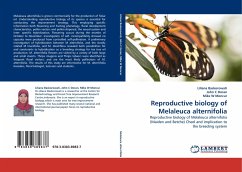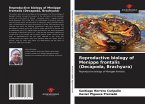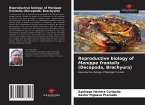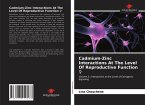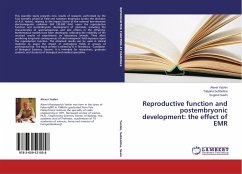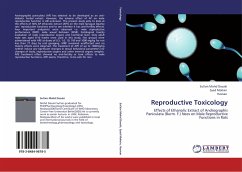As life expectancy in industrialized nations continues to increase, concerns over various health issues related to aging have also grown. It is estimated that in the near future women who generally live longer than men will spend nearly a third of their lifetime in menopause. Research on reproductive aging is crucial to provide important insights into women health, permitting a better understanding and anticipation of their menopausal experience. This book presents evidence on factors (genes) that contribute to early ovarian aging and reproductive senescence. A particular type of genetically modified mice was used to generate this evidence. The results suggest that the FSH receptor signaling offers a protective mechanism, which gradually weakens upon reproductive senescence (a condition equivalent to menopause in women). Projected on humans, these findings will contribute to a better understanding of reproductive aging in women and thereby to exploring possible ways of delaying menopause. The book is particularly useful for medical scholars and practitioners interested in reproductive biology.
Bitte wählen Sie Ihr Anliegen aus.
Rechnungen
Retourenschein anfordern
Bestellstatus
Storno

